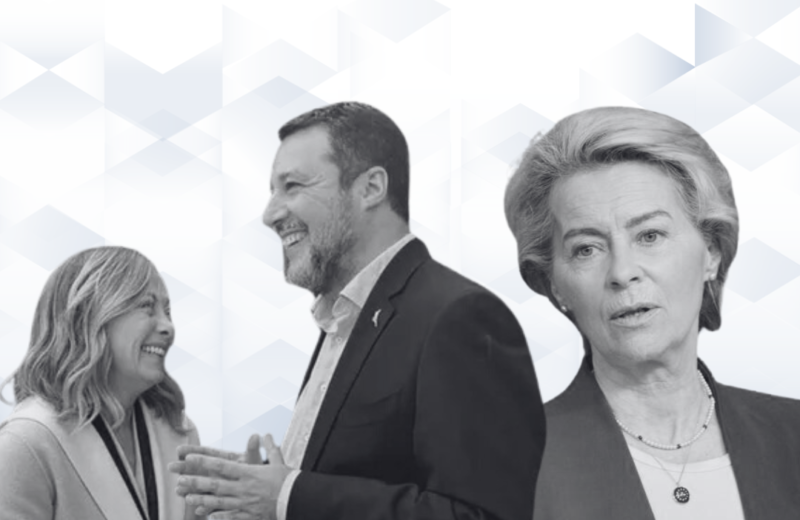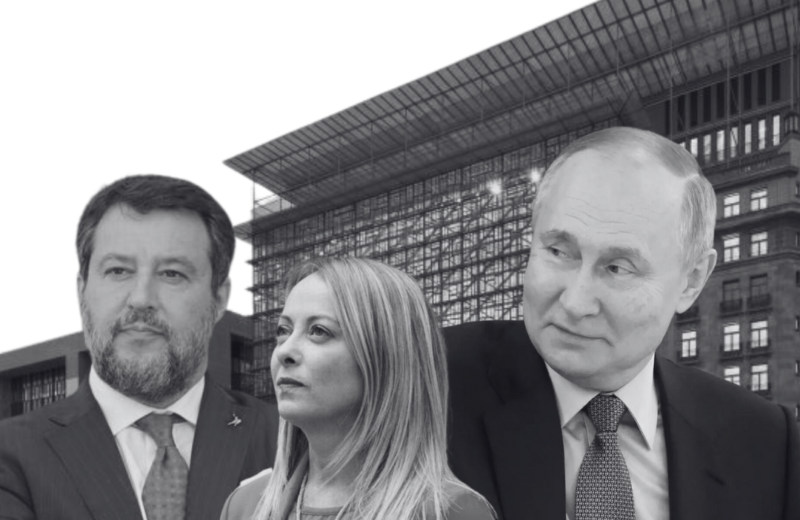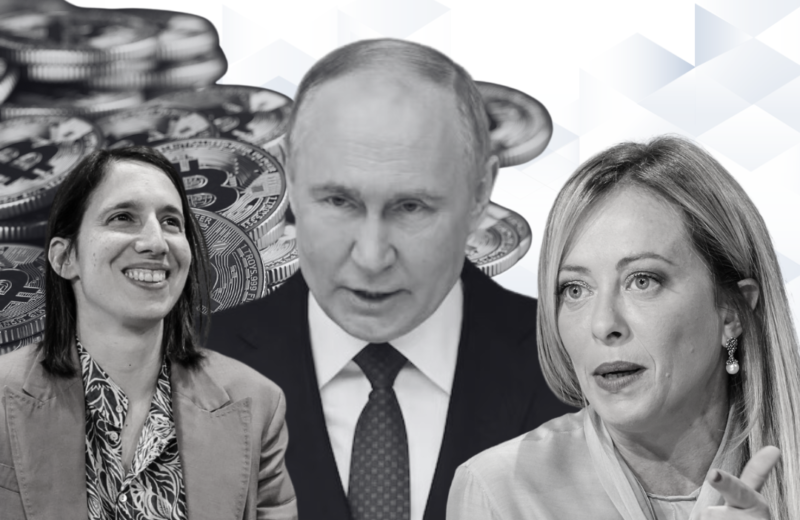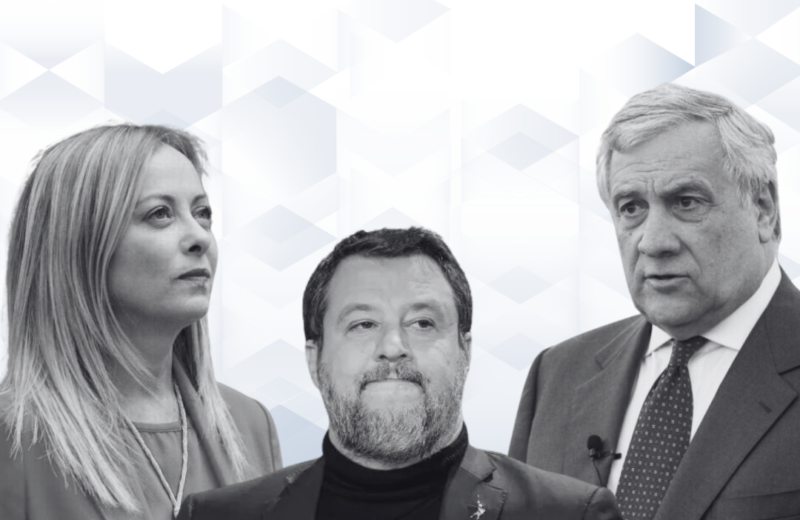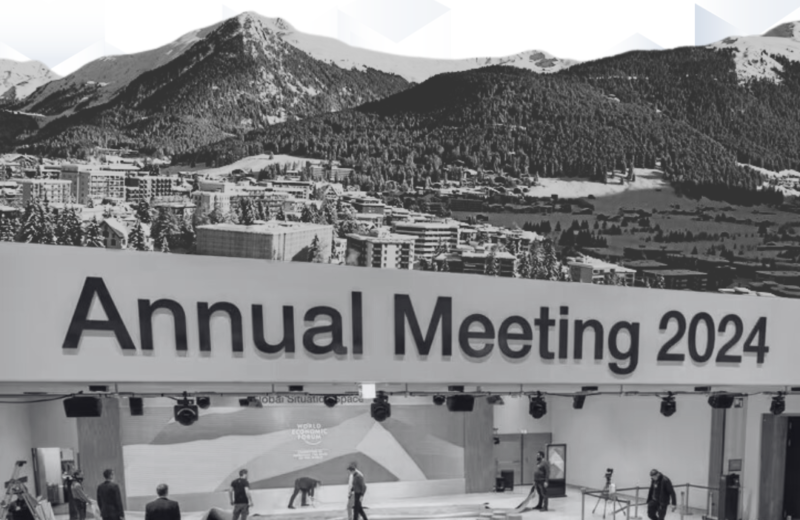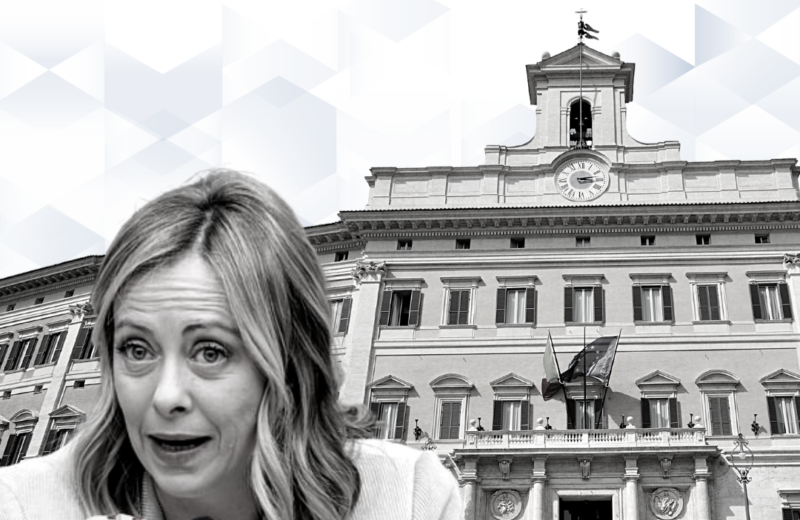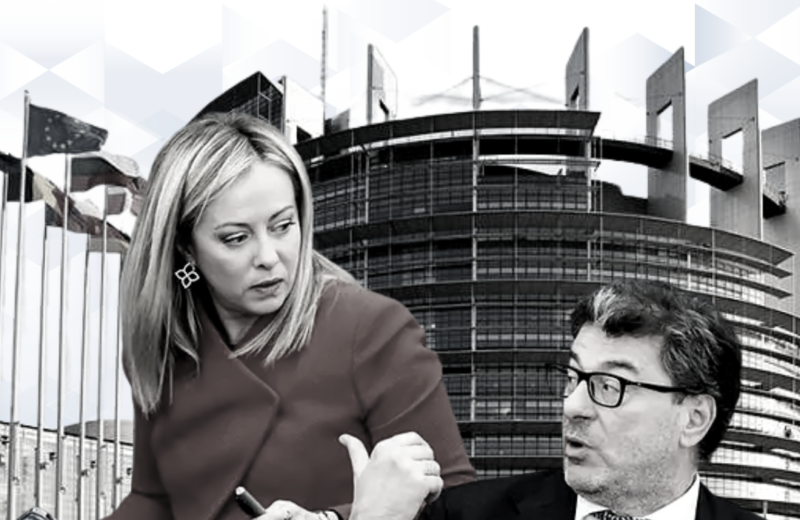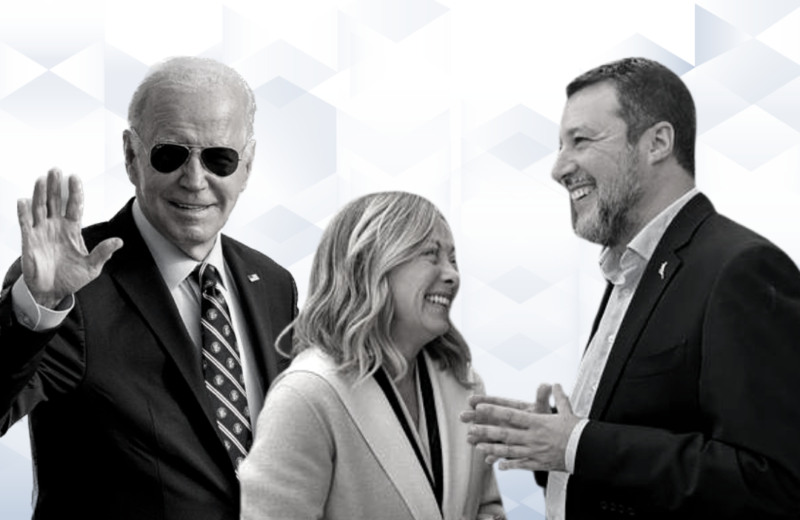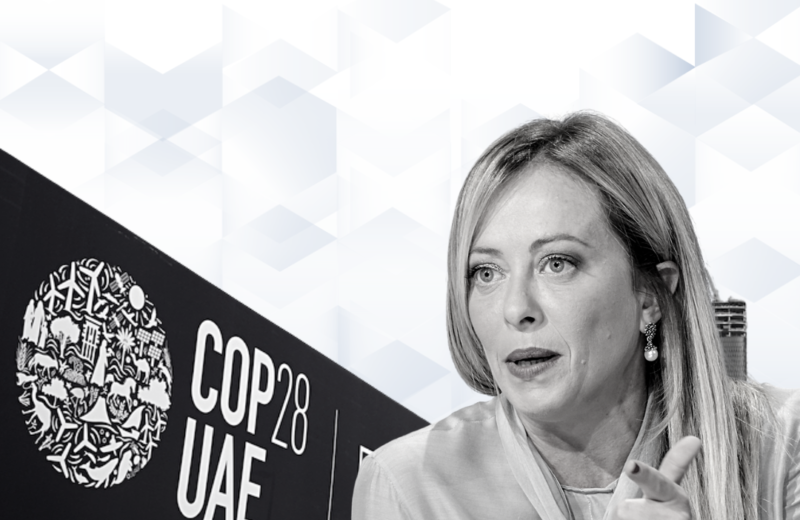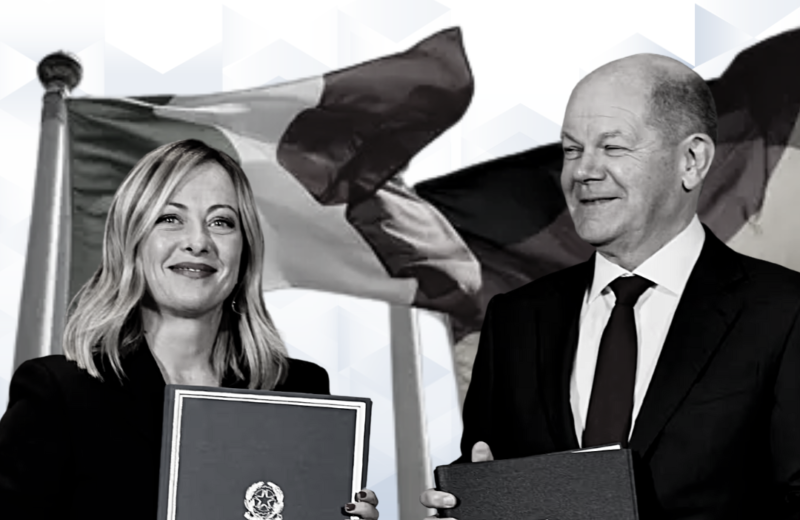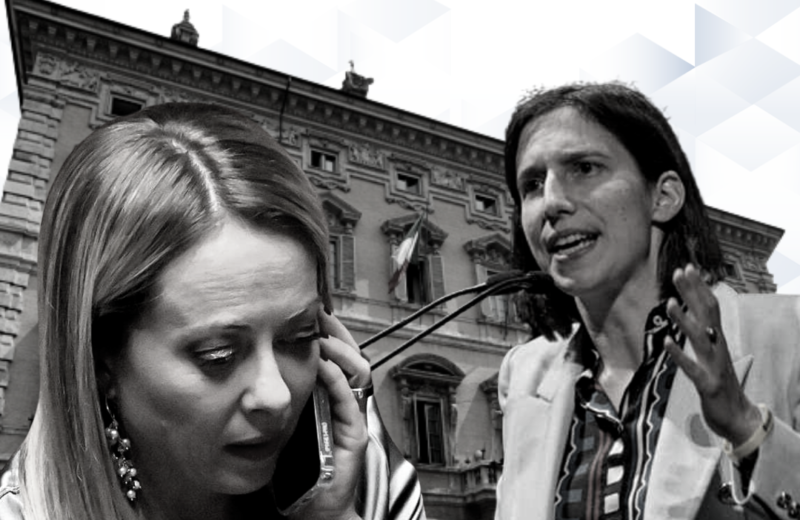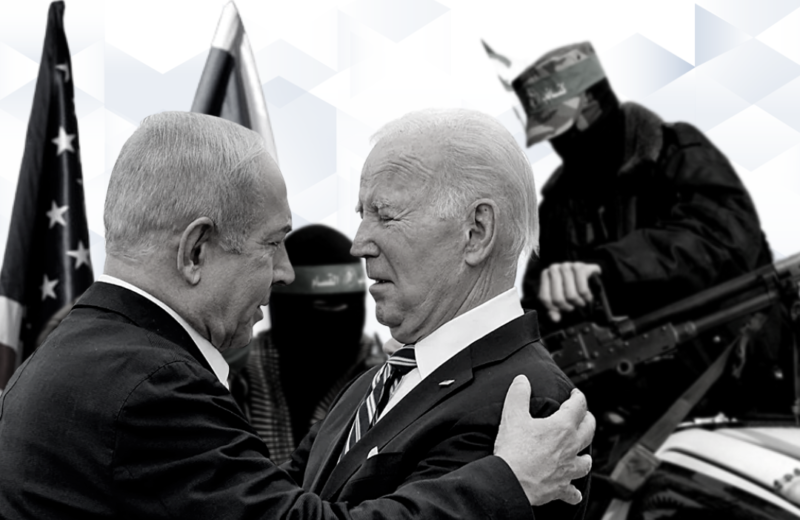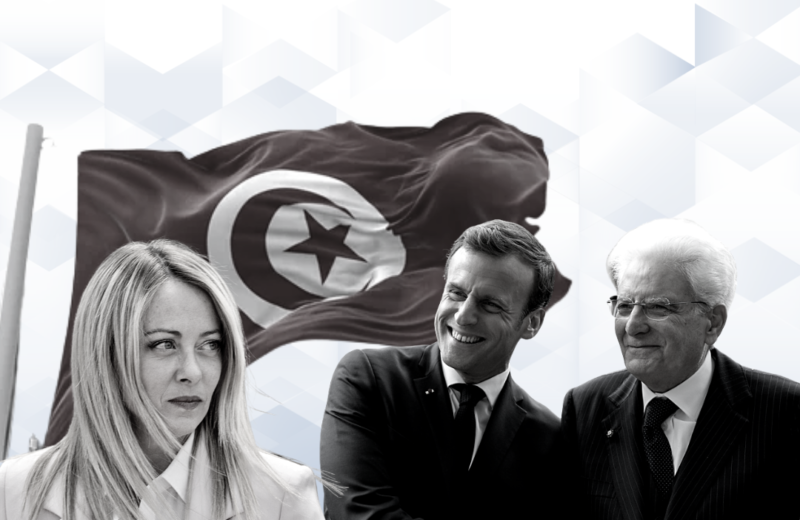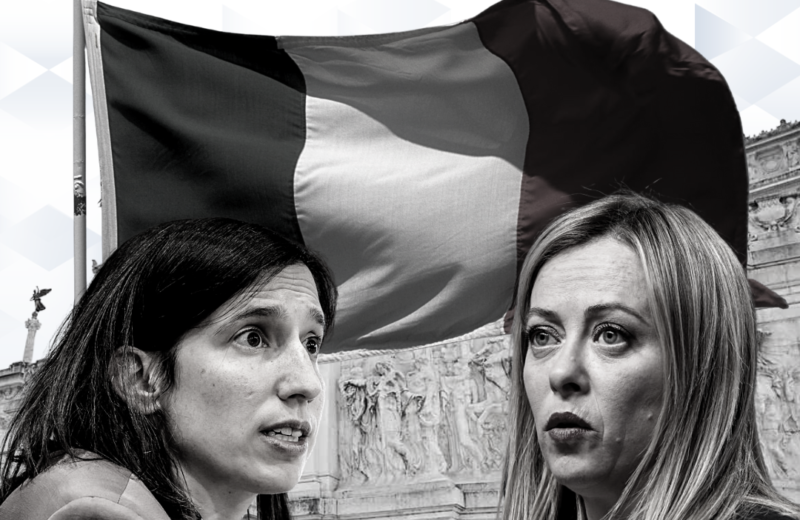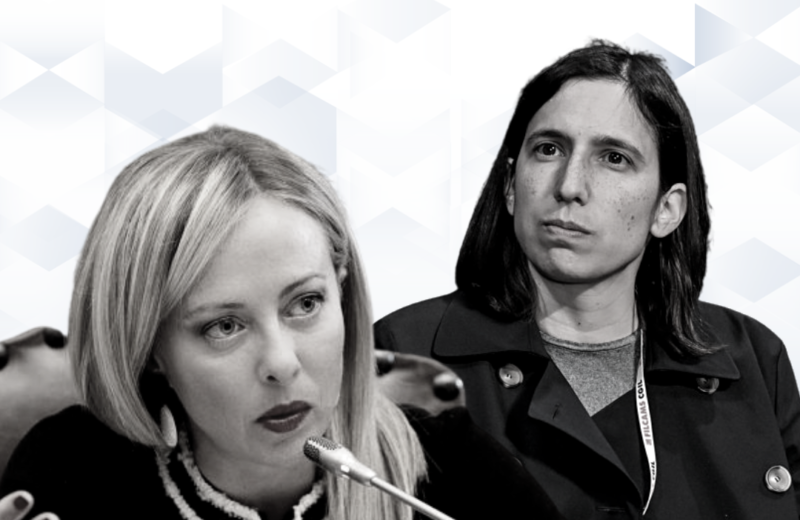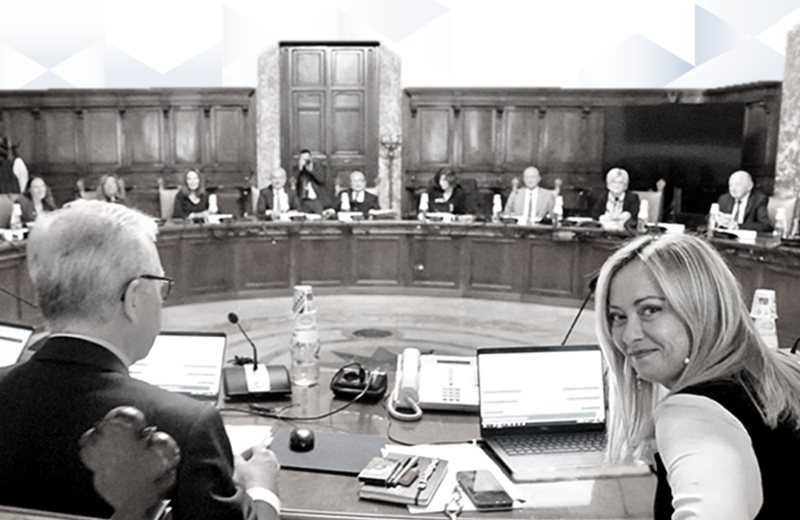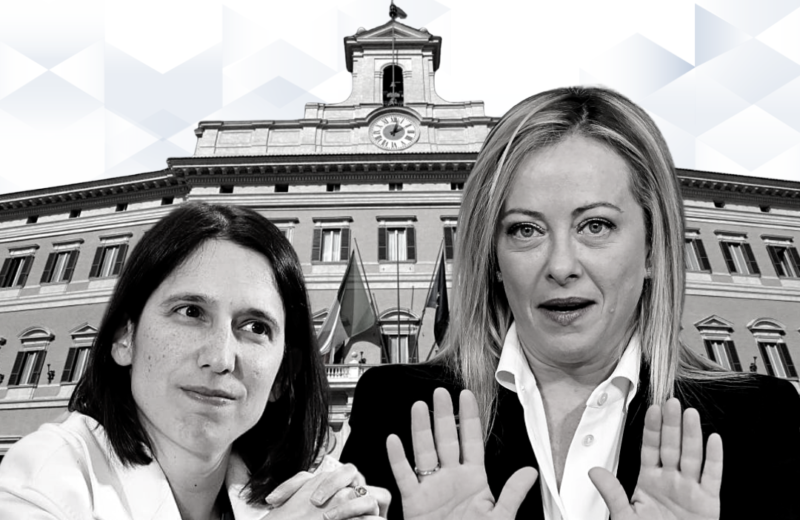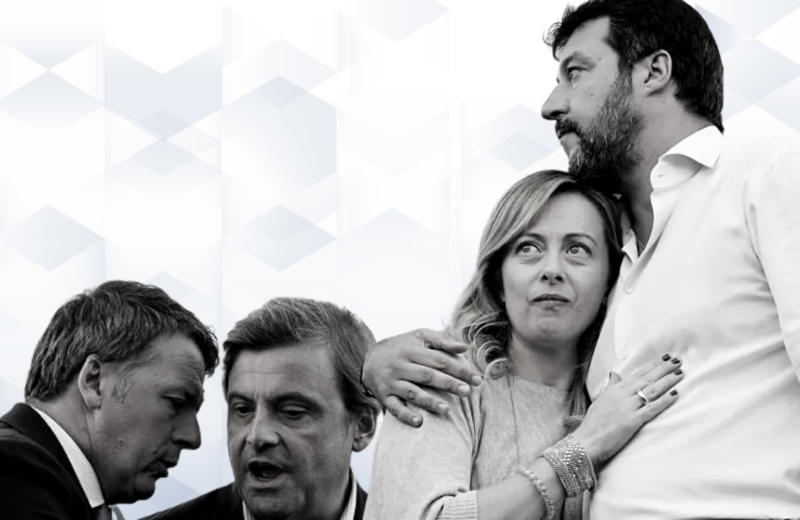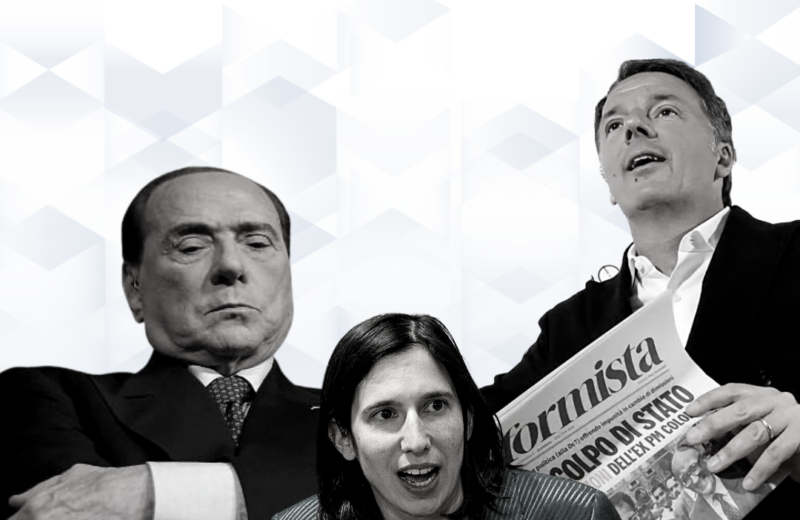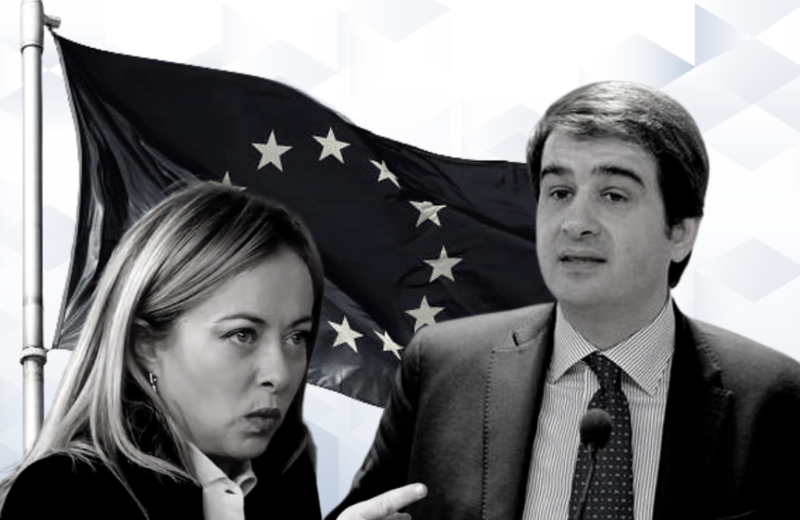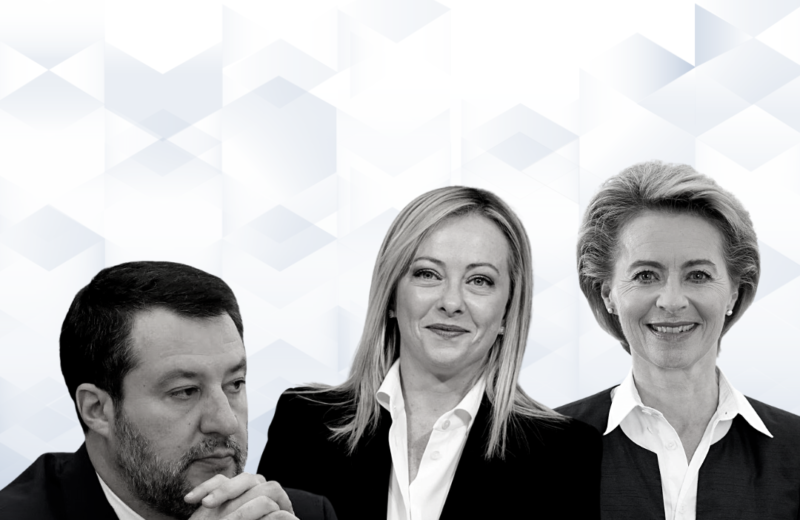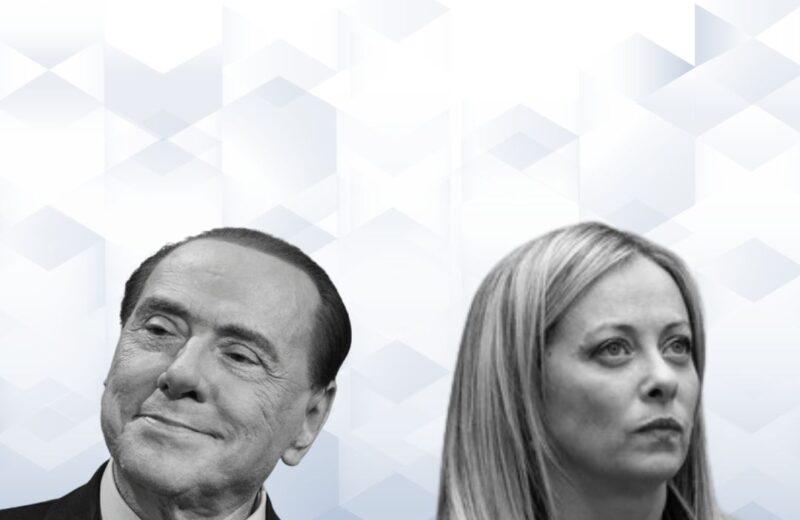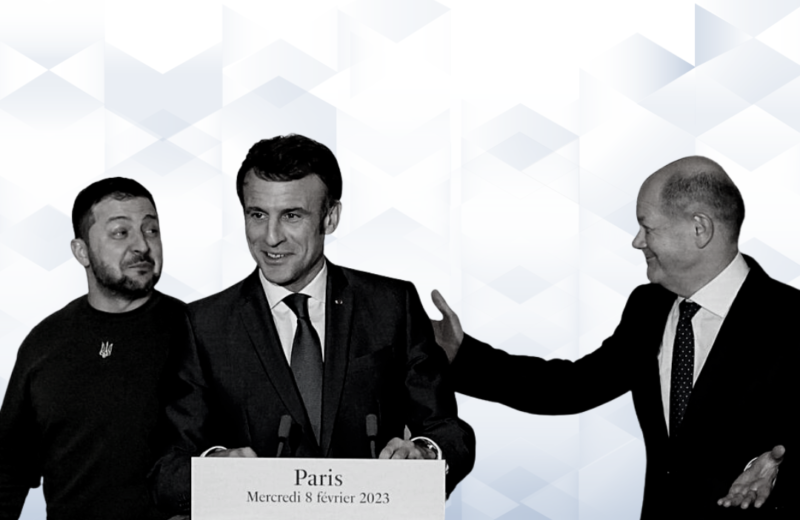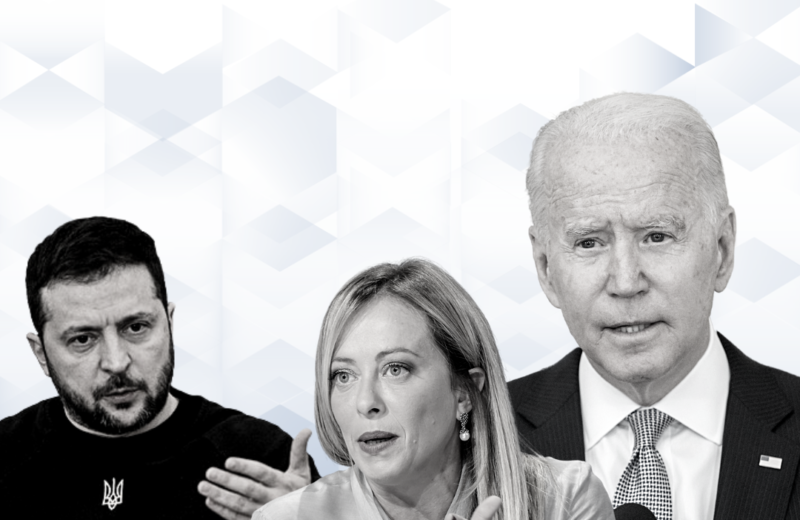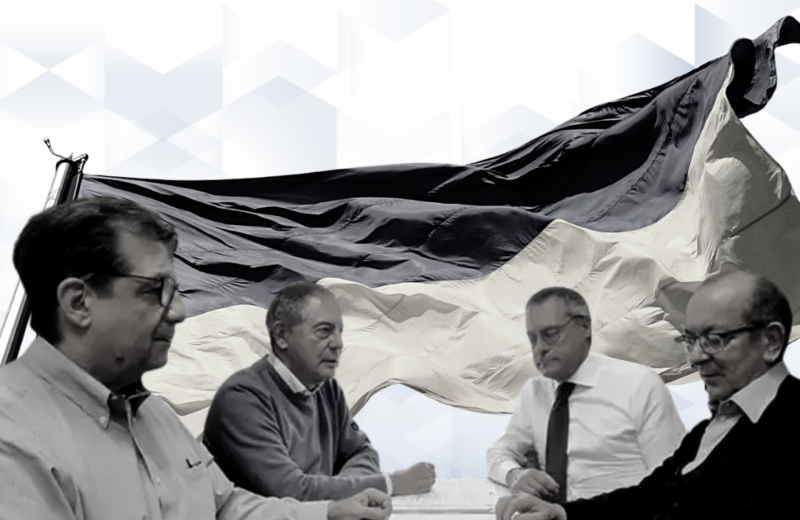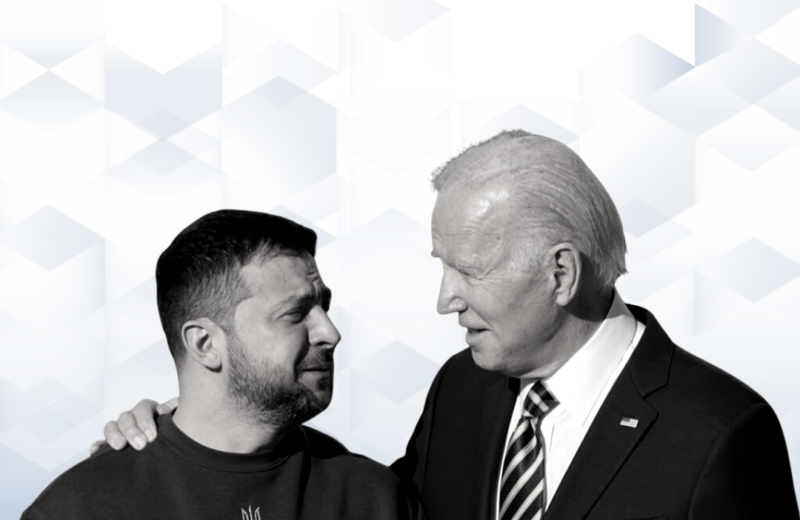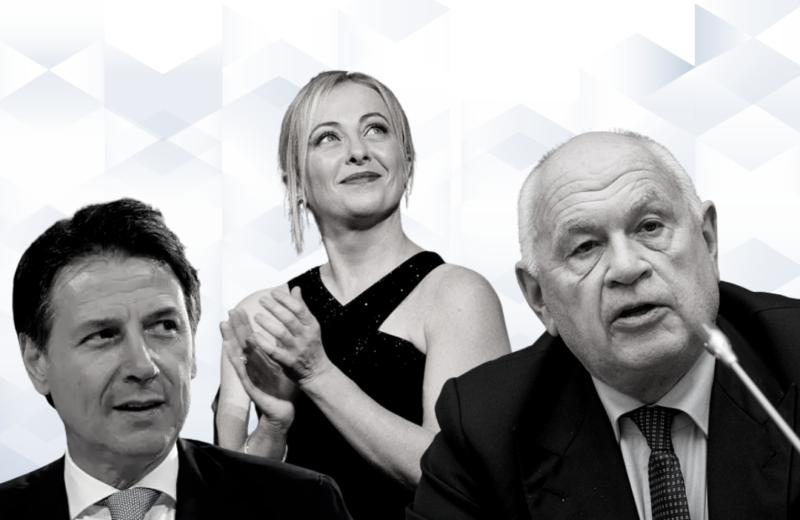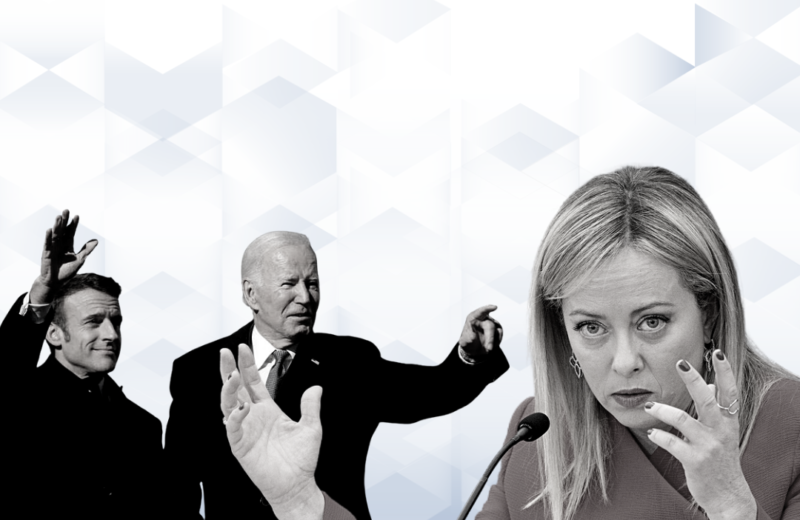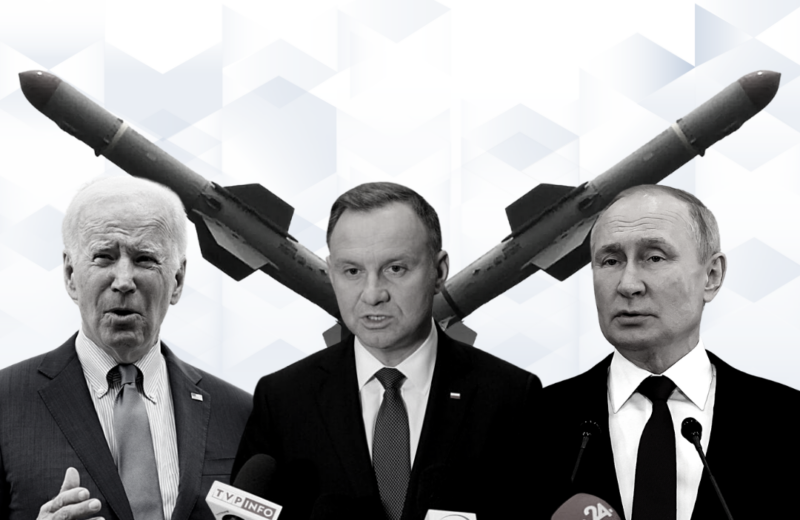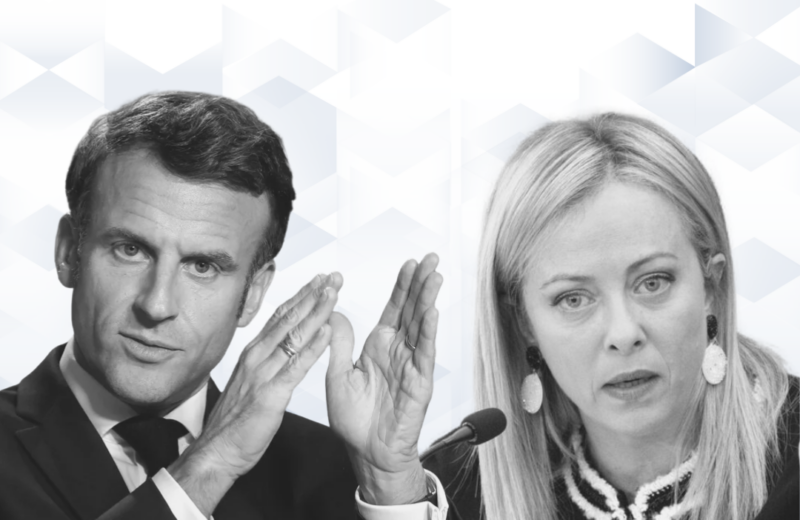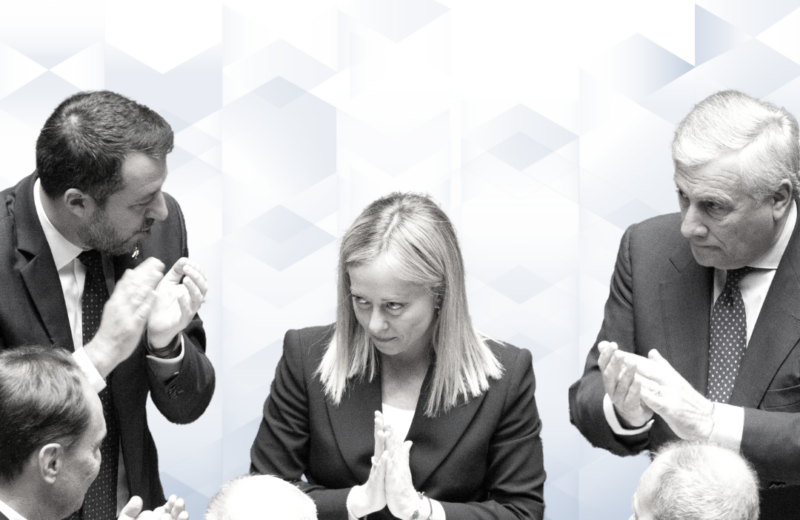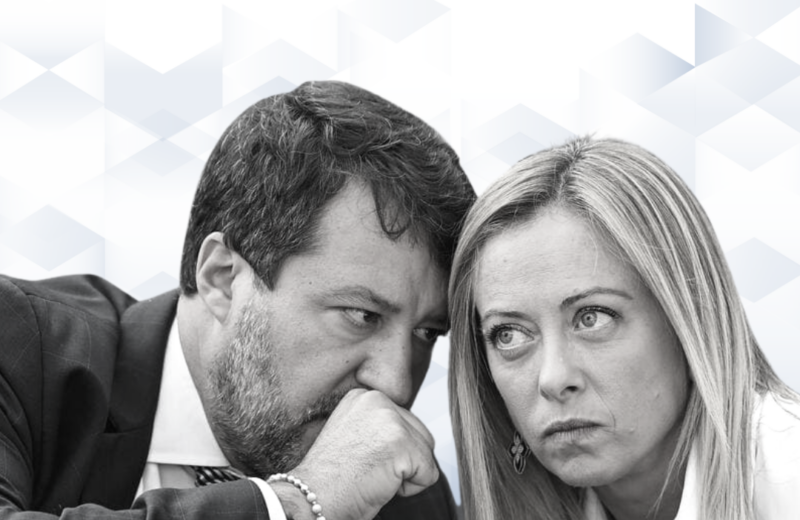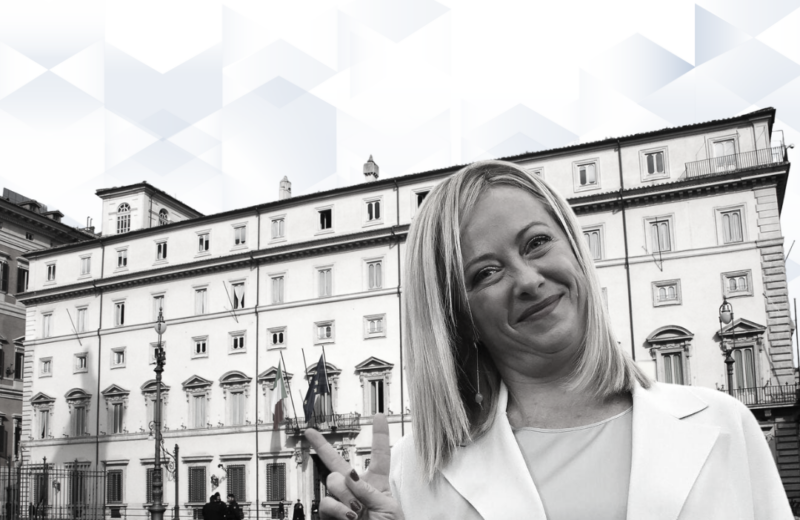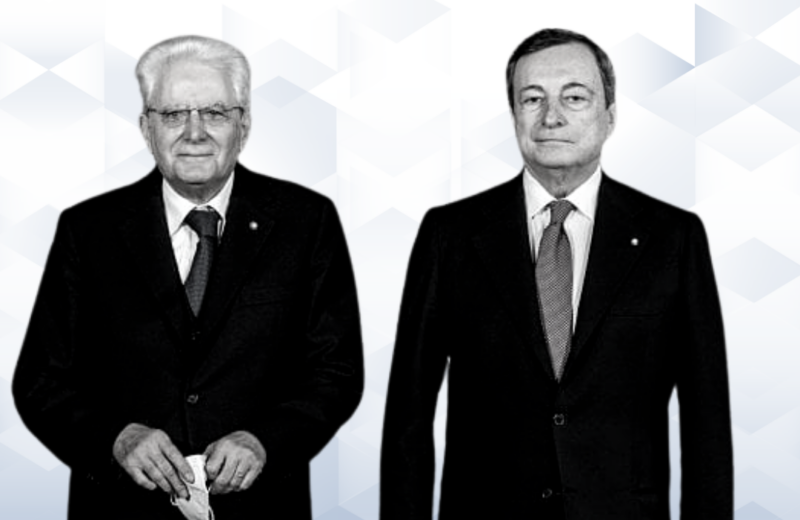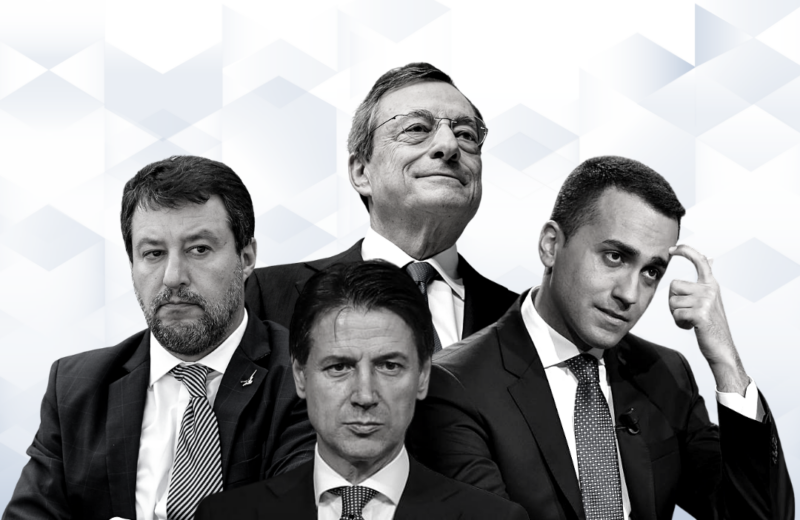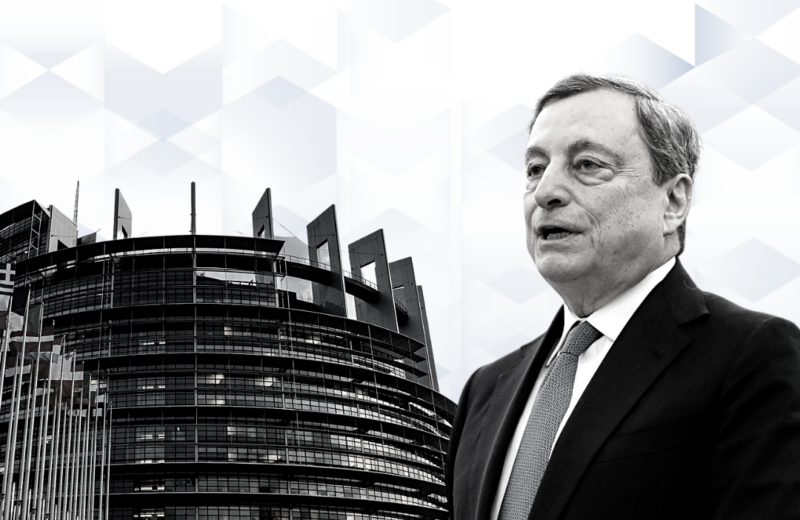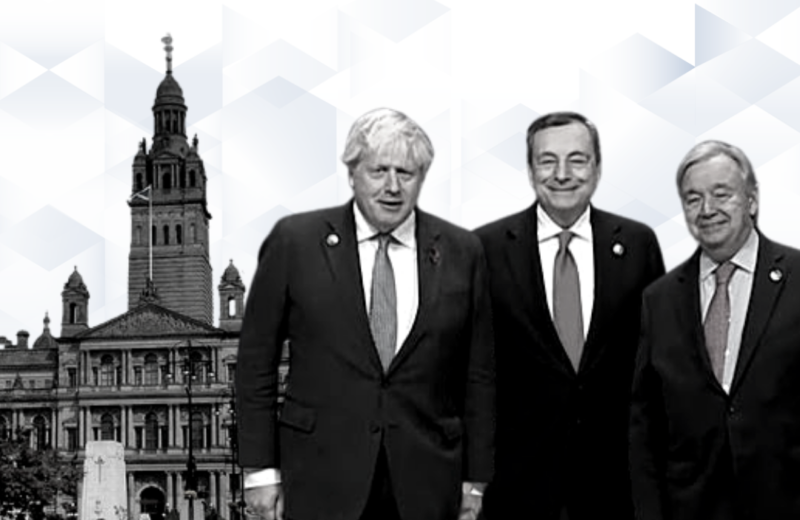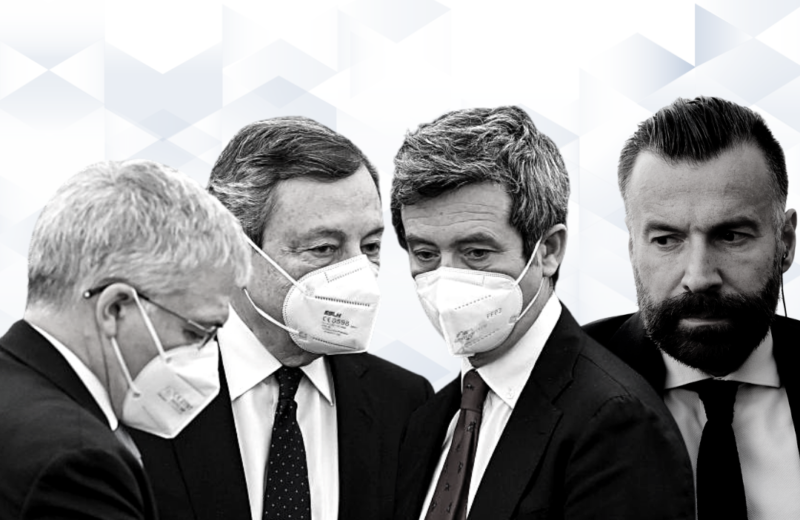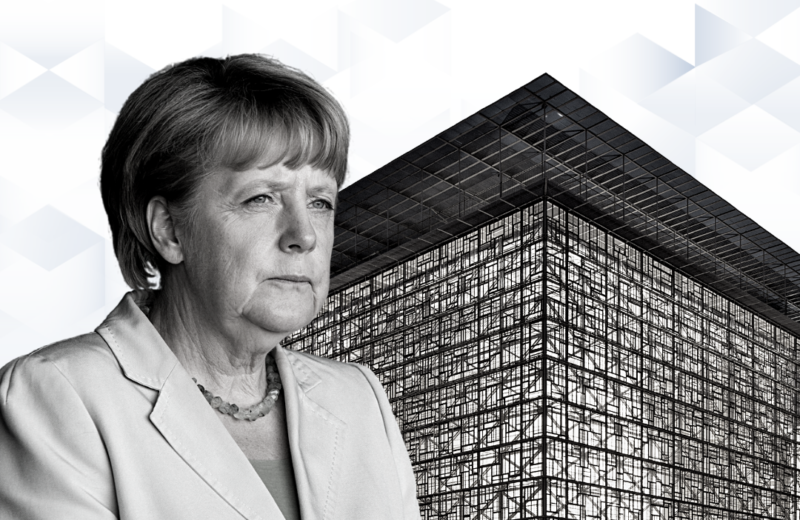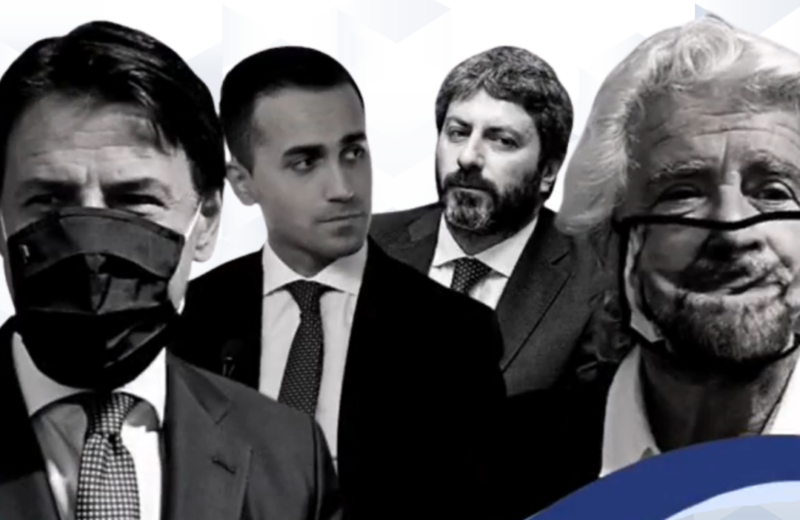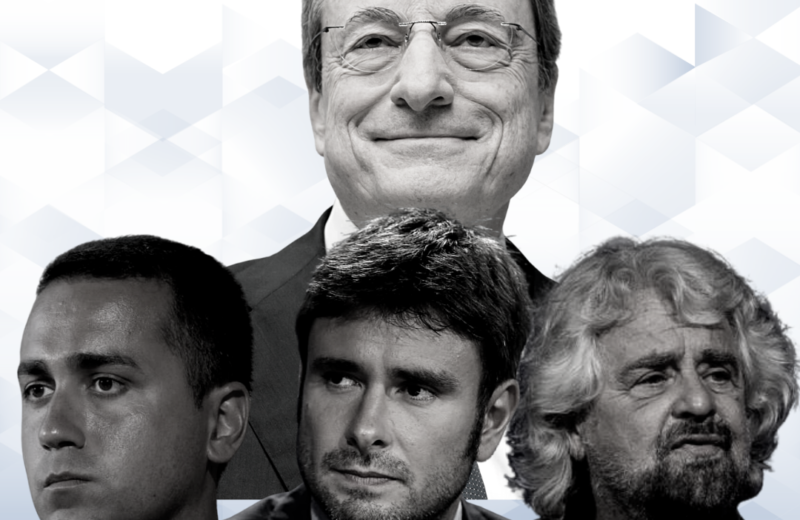The New European Arrangements
From Rome to London, from Paris to Berlin, with eyes in Kiev and head in Brussels, the political week hinged on European commitments. The first important novelty is the reform of the Stability Pact presented by the European Commission: the limits of 3% (deficit/GDP ratio) and 60% (debt/GDP ratio) remain, but flexibility is recognised as to how public accounts are to be returned to these parameters. Should the new budget formulas not be adhered to, sanctions would be triggered automatically this time. Germany wanted more attention to accounts, Italy more flexibility. In the end, in fact, a middle way emerged. While Italy’s Minister of the Economy Giorgetti, while appreciating the first step taken, was disappointed that the debt calculation will also include NRP investments, Germany, which managed to extract the obligation for all states that exceed the thresholds of 3% deficit and 60% debt, to reduce the annual deficit by 0.5%, is still not satisfied with the package as a whole: it leaves too much room for negotiation between the states and the European Commission in the development of debt reduction plans (four-year plans that can be extended to seven).
Relations with France have also become strained again, after Macron’s decision to armour the borders with Italy and add 150 border guards on the Maritime Alps to stop the flow of migrants towards his cities, following the news of increased landings on Italy’s southern coast.
This is also why Meloni flew to London to meet British Prime Minister Rishi Sunak and strengthen the Italian-English axis on various issues, first and foremost that of migrants. In particular, the two leaders shared the goal of “a step change in the approach to migration policy”, which aims to make the “external dimension a priority” as a “structural solution to prevent illegal migration and stabilise flows”.
During the week, the first bilateral conference for the reconstruction of Ukraine also took place in Rome, a meeting between Italian institutions and companies at which Italy announced its contribution of EUR 100 million to the European Investment Bank’s guarantee fund for Kiev. As estimated by the EIB, the estimated needs are huge and exceed USD 400 billion for the period 2023-2033. So far, over 100Bn has been mobilised for Ukraine. This is one of the reasons why Ukrainian President Zelensky made a video link to the conference to personally express his thanks to Italy and Meloni for their commitment and closeness. But the most important contact Zelensky had this week with Chinese President Xi Jinping. A phone call lasting about an hour that may have shortened the war. At least that’s what many commentators have said, explaining Beijing’s line in defence of the territorial sovereignty of all states, a principle that would therefore also include Taiwan. A message, therefore, addressed to the USA, although Washington, it seems, had not been warned in advance of the phone call.
And while the new European arrangements were being constructed in Italy, something unexpected happened. So unforeseen that it caused Meloni an epic upset: on Thursday the coalition supporting the government went under in the Chamber of Deputies for the first time. The centre-right lacked six votes and thus rejected the majority resolution on the budget variance, the 3.4 billion for 2023 to cover the cut in the wedge in the decree to be passed in the May 1 CDM. A lightning meeting of the government then approved the Def and the House and Senate can complete the examination and vote on the text by Saturday. The cause lies in the absences, some justified (or justifiable), some not. But the bad impression remains, also because the prime minister was in London at that time in the presence of Sunak and this slip-up risked symbolically weakening her credibility also internationally.
On the other side, Elly Schlein had to reckon with two new defections, that of Senator Enrico Borghi, whom the PD had also placed in the Copasir and now has joined Italia Viva, and that of the MEP Caterina Chinnici, who has switched to Forza Italia. It is the price, however, that the new secretary has to pay to complete her march towards the total renewal of her party, starting with her personal look, a move that for better or worse has given her a lot of popularity, as demonstrated by one of the hashtags trending on Twitter over the weekend: #armocromy.



